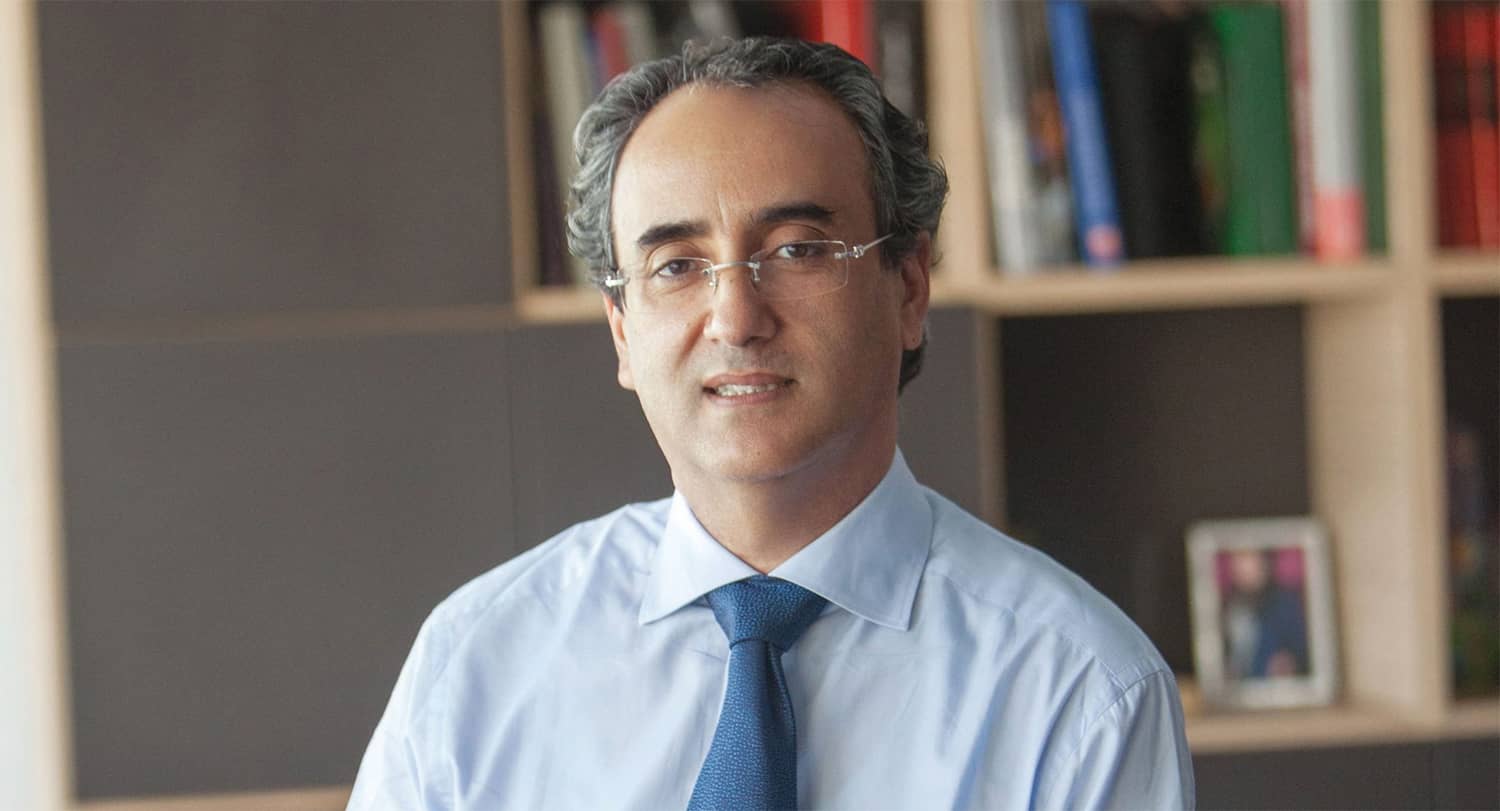Amid the acrimony, angst, and anger of America’s electoral and cultural politics, too many Americans have lost the ability to see what I see clearly from afar: That the United States remains a startlingly resilient country that is still the hub of the world’s economy and the lighthouse for high ideals.
America seems to go through cycles of crisis and renewal. To an outside observer who believes in the “American dream,” today’s problems look like another catalyst for America’s relentless national spirit to discover solutions that, in the end, make the country stronger. In the early 1990s, a time of grunge music, slacker culture, and economic anxiety, who would have guessed that the consumer internet was just a few years away from remaking industries and generating great fortunes for both entrepreneurs and employees? Does anyone really doubt that, even now, Americans are gathering their inner strength and hard-earned insight, preparing to renew their culture with ideas and inventions?
Certainly, the United States today is crowded with crises. Still reeling from the pandemic, the nation also faces worrying street violence.
Outside America, the world seems to be rapidly unraveling. North Korea launches missiles. China menaces Taiwan. Japan rearms. Putin’s invasion of Ukraine has left more than 100,000 dead and driven millions of civilians into camps, emptying farms that once fed Africa and Asia and smashing nuclear plants that might poison Europe with radioactive fallout. Refugees dot the Mediterranean in small boats while elections put hardliners into parliaments across the Eurozone.
To restore peace and harmony, a new coalition of like-minded governments must come together for the common good. The United States has a major leadership role to play; it must reassure its partners and provide them with guidance and shared goals.
In the Middle East, it is time to face Iran holistically. The Iranians are a people brimming with talent and potential (half of its population is under the age of 32). Many are facing down a dictatorial regime that is willing to murder its own citizens as the world watches. The rulers, who adhere to an extremist ideology, have spent decades funding terrorists and fomenting troubles in Yemen, Iraq, Lebanon, Syria, and Bahrain. Is there a better way to isolate the mullahs without immiserating their people?
Is there a way to deter the mullahs without threatening the peace of their Arab and Israeli neighbors? A new strategy must be found, while not forgetting that Iran is seeking nuclear weapons and building the long-range missiles to carry them.
Further east is China, now convulsing with uprisings and crackdowns. China is ringed by US allies and partners—from Japan and South Korea to a rising India—who worry about China’s global ambitions. Restoring trust and partnership with these democratic allies is crucial if the world is to meet China’s challenge. A way must be found to engage China directly, to avoid trade wars and currency crises, to find common ground.
Without America’s leadership, the nations at the edge of the vast Eurasian continent cannot cohere and combine to defend against the threats posed by Russia and China, which are now working together.
While descriptions of the US role in world affairs since World War II vary in their specifics, they agree on four indispensable elements: leading globally alongside allies; protecting and promoting the liberal international order; defending freedom, democracy and human rights; and preventing the dominance of regional hegemons in Eurasia.
The question for the next Congress is whether the role of the United States across the globe has changed, and if so, what does this change mean for both America and the world?
Abandoning America’s global role puts America herself at risk. Without secure sea lanes and prosperous partners, who will buy America’s products or make its silicon chips, smart phones, or solar panels? Without training and equipping foreign forces, who will fight America’s enemies abroad so that they do not attack the homeland? Isolation isn’t an answer; it is an invitation to misery, for both America and the world.
Self-doubt and anxiety are afflictions of both individuals and nations. The road to recovery often starts by seeing oneself reflected in the eyes of one’s friends, of being reminded who one is, and why one matters. America needs to find the strength to lead its friends and summon the creativity to confound its foes. It needs to begin again, as it has many times before. I know it can.



